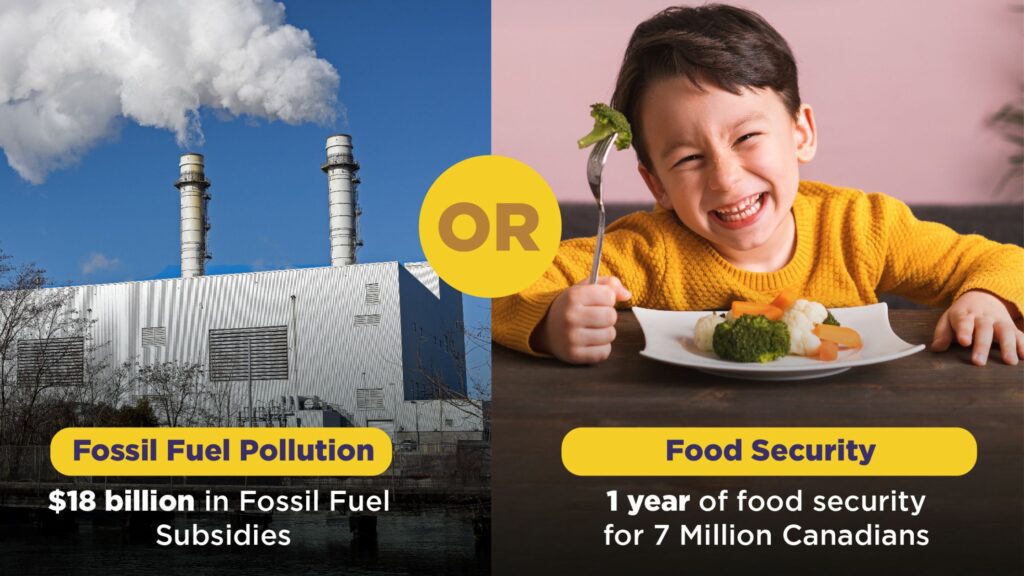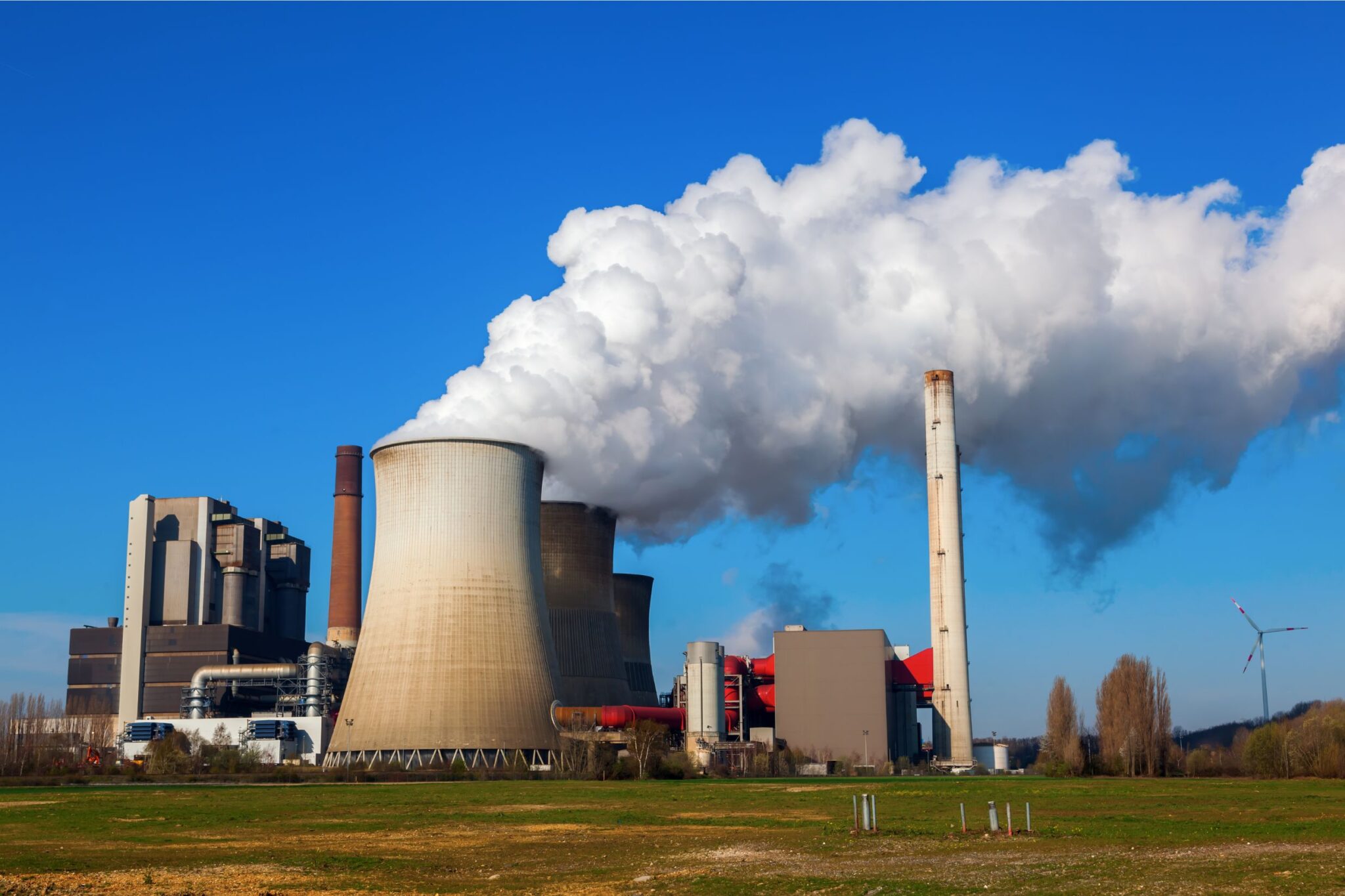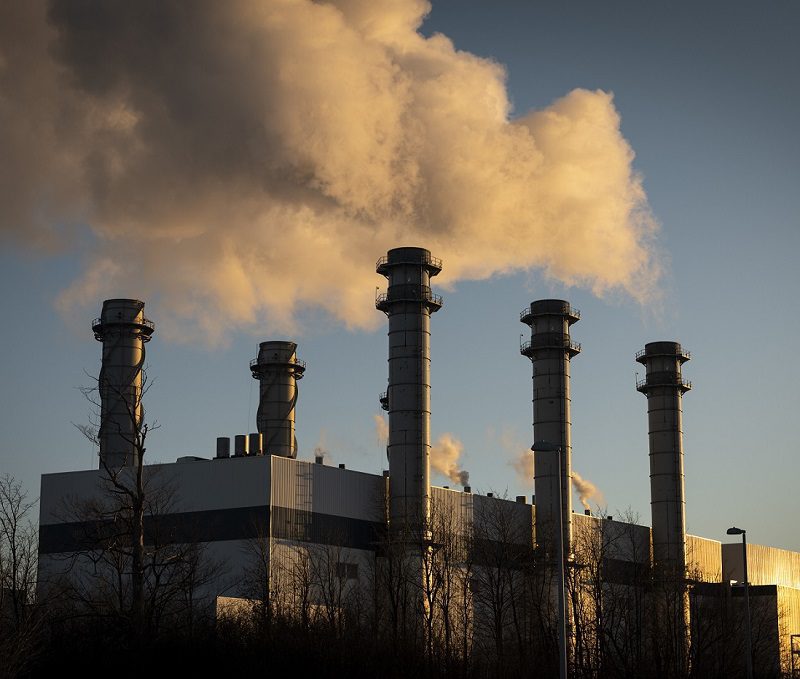Paying taxes helps governments to fund the services we all depend on, like education, healthcare and funding programs to tackle the climate crisis. Taxes also allow the federal government to provide subsidies to support a specific industry, like sports or culture, or to achieve a desired social outcome.
However, for decades governments have also provided oil and gas companies with significant subsidies and other types of financial support.
Fossil fuel subsidies are hurting us
Subsidies and public financing to oil and gas companies:
- Harm our health: Governments are propping up an industry that is killing us. A recent report found that one in five premature deaths is caused by air pollution from burning fossil fuels. In Canada, that’s 36,000 people a year.
- Contribute to climate change: Government support for fossil fuels is incompatible with keeping global warming below 1.5ºC. By making it cheaper to find, extract, process, transport and export fossil fuels, subsidies encourage more fossil fuel production, increasing the risk of locking in greenhouse gas emissions for decades to come.
- Make our lives more unaffordable: Fossil fuels have volatile prices, which are impacted by global supply chains as well as the excessive profits that oil and gas companies are generating. Climate disasters cost us money. Kicking fossil fuels out of our homes and our modes of transportation – with electric heat pumps, electric vehicles and electric buses – is key to addressing the cost of living crisis.
- Yield very little job creation: Fossil fuel industries create fewer jobs per unit of output than any other industry in the Canadian economy. Compared to funding for fossil fuels, clean energy stimulus creates nearly three times as many jobs for equivalent investments.
- Distort the energy market: Subsidies distort markets, favouring oil and gas over renewable energy. In doing so, they increase the market failure caused by underpricing pollution and climate impacts.
Lastly, fossil fuels come with a giant opportunity cost. Every dollar that is spent supporting an oil company or project is a dollar which can’t be invested in areas that benefit all of us, such as healthcare, housing or clean energy.
Funding what we need
Last year, the federal government provided the fossil fuel industry with at least $18.6 billion. Over the last four years, the federal government’s total financial support to the oil and gas industry was at least $65 billion. (You can learn more about that analysis here).
Let’s see what that same amount of money can do if spent on actual climate solutions.
Electric Heat pumps
Instead of using “natural” gas furnaces to heat our homes (remember: natural gas is mostly methane, a highly potent climate pollutant), heat pumps (which run on electricity) are a much better option. They’re an efficient way to use electricity for both heating and cooling – which means you don’t need a separate air conditioner. But of course, not every household can afford to buy a heat pump.
Let’s assume an average cold-climate heat pump (one that works well in Canada’s coldest winters) costs $15,000 to buy and install (which is actually on the high end for heat pumps, standard heat pumps cost between $5,000 to $9,000). $18 billion could have equipped 1.2 million homes with heat pumps. $65 billion could have equipped 4.3 million homes – covering all the low-income households in the country.
Heat pumps aren’t only essential for meeting our climate pollution targets, they also save families money. In Ontario, homeowners can save over $10,000 in their lifetimes by switching to a heat pump when their gas furnace reaches the end of life.

Solar rooftop
Another great way to lower climate pollution by moving away from burning fossil fuels while saving families money on energy bills, is by installing solar panels on residential rooftops. According to the Canadian Renewable Energy Association, Canada needs to scale up rooftop solar by 20-40 times. This means one home in three needs to become solar-equipped, compared to one in 200 homes currently.
Let’s assume an average price of $20,000 for a 7,500-watt solar array (again, this is somewhat on the more expensive end), $18 billion could have equipped nearly 1 million homes with solar panels on their rooftops. $65 billion could have supported 3.2 million homes with solar panel installations.

Training Community Firefighters
In 2023 people across Canada faced an unprecedented year of wildfires. 6,500 fires burned 18,500,000 hectares of land, compared with 1,500,000 hectares burned the previous year. The wildfires meant that cities across Canada experienced some of the worst air quality on the globe, and prompted waves of air quality warnings. And 2024 is also set to be bad, with wildfires already raging across many provinces.
According to the Canadian Association of Fire Chiefs, $500 million is enough to train 1,000 new community-based firefighters. $18 billion could have trained 36,000 new community-based firefighters. $65 billion could have trained 130,000 community firefighters.

Food Security
Almost seven million people in Canada — including almost two million children — do not have stable access to sufficient food. The federal government already offers a one-time Grocery Rebate, but the program could be expanded to increase the base amount for very low-income households to $1,800 a year per adult from $325, and to $600 per child from $171
The expansion would cost an estimated $11 billion per year and would reach nearly 10 million families. That’s less than the amount provided to oil and gas companies each year, meaning redirecting support away from wealthy fossil fuel companies could ensure everyone across the country has access to sufficient food.

Stop Funding Fossil Fuels
There are so many deeply helpful ways that the federal government could be using public money.
The opposite of that is subsidizing the wealthiest oil and gas companies so that their CEOs can get even more rich, while they fuel the climate crisis.









